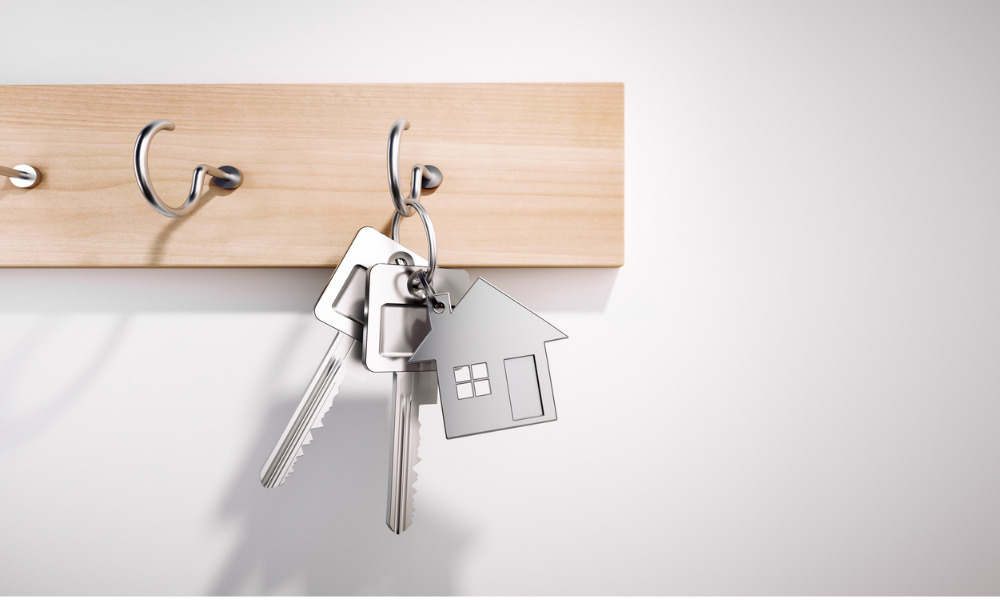"There are plenty of other factors at play which will help them this winter," he says

The Reserve Bank has hiked the OCR by 50 basis points to 2% – the highest it has been since September 2016. “But for first-home buyers, it’s not all bad news,” said Tim Kearins, owner of Century 21 New Zealand, adding that “there are plenty of other factors at play which will help them this winter.”
Read more: Reserve Bank of New Zealand lifts official cash rate
The rate move marks the central bank’s fifth consecutive hike since October.
“Even with this latest rise, let’s not forget that interest rates remain below New Zealand’s historical average of about 6% or 7%,” Kearins said. “What’s more, with house prices softening and a lot of supply coming on stream, first-home buyers will be presented with plenty of good opportunities in the coming months.”
Kearins pointed to the government’s promise that changes to the Credit Contract & Consumer Finance Act (CCCFA) in June will help more applicants secure a mortgage. He also said that Budget 2022 has given Kiwis access and support to get into their first home thanks to changes to First Home Grants and First Home Loans.
Read next: First-home buyers' withdrawal from market eases as govt announces tweaks to lending law
“It’s good news for first-home buyers that the government is increasing the house price caps for the First Home Grant and has now entirely removed house price caps from the First Home Loan,” Kearins said. “That will enable thousands more Kiwis to realise their homeownership dreams, and give the entry-level market a timely boost.”
From June 1, house price caps on First Home Grants will be lifted in most major cities, including Auckland (from $700,000 to $875,000), Hamilton ($600,00 to $725,000), Tauranga ($600,000 to $875,000), Wellington ($650,000 to $925,000), Christchurch ($550,000 to $750,000), and Queenstown ($650,000 to $925,000).
“The changes are a relief for many weary first-home buyers who’ve felt locked out of the property market,” Kearins said. “They are long overdue and better reflect the reality of the housing market as well as give buyers more options over types of houses. We’re also pleased with the new six-monthly reviews on the house price and income caps.”
Kearins predicted that with these considerations at play this coming winter, many tenants sick of paying record-high rents will be turning to the mortgage calculators to see if they can make it work.
The national median weekly rent grew by 7% when compared with April 2021, to $580, Trade Me’s latest April Rental Price Index showed.
“Most first-home buyers require a 20% deposit, which is not easy, and banks’ mortgage serviceability assessments remain tough,” Kearins said. “However, there are mortgage brokers like Julius Capilitan of Century 21 Financial who can deliver competitive rates and greater borrowing flexibility than traditional banks. Brokers are well worth a phone call, and in many cases make all the difference.”
With RBNZ signalling further OCR hikes this year, Kearins said it makes little sense for buyers to sit back and wait, thinking it’s going to get cheaper to purchase a house.
“Often, it’s more cost effective to buy at a higher price with a lower interest rate than the other way round,” he said. “While it’s not a buyers’ market yet, it’s certainly a more balanced and calmer market with many doors opening for first-home buyers.”



